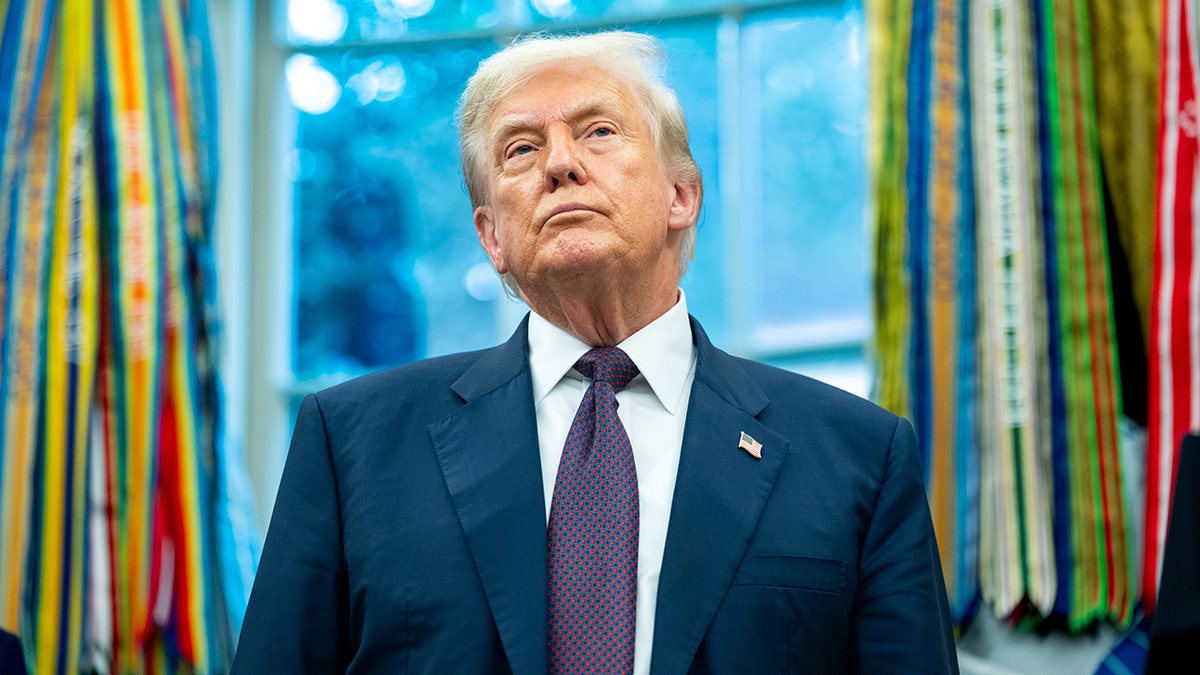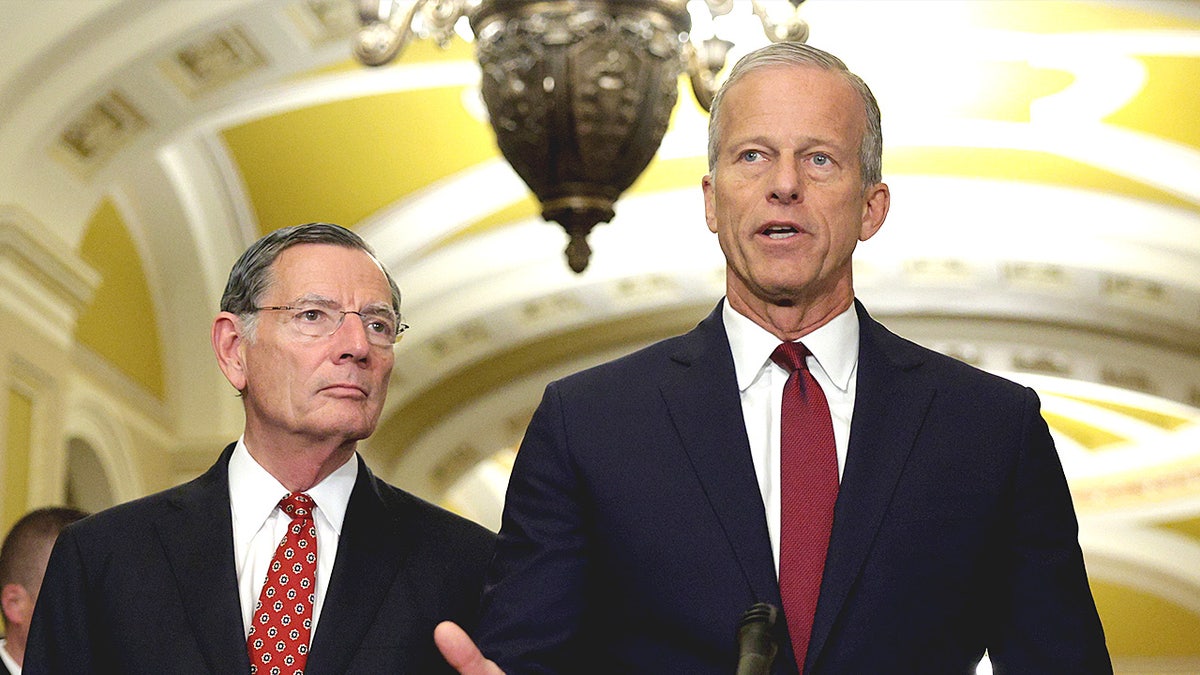Trump’s $4.9B Foreign Aid Rescission Rattles Senate Ahead of Funding Deadline
Senators from both parties say the administration’s move to cancel congressionally approved aid complicates efforts to pass a short-term government funding measure.
President Donald Trump’s decision to cancel $4.9 billion in congressionally approved foreign assistance has unsettled lawmakers on Capitol Hill and injected fresh uncertainty into negotiations over how to keep the government funded past the next deadline.
Senate Republicans and Democrats said the administration’s pocket rescission — which the White House advanced last week and that administration officials say bypasses the 45-day window associated with a typical rescission package — could make it harder to secure Democratic support for a short-term continuing resolution needed to avert a lapse in funding.

Senate Democrats had warned earlier in the year that further attempts to claw back congressionally approved funds would be treated as a red line and could prompt them to withhold votes for a stopgap spending bill. The president’s move to press ahead with the rescission has revived those concerns and prompted some Republican senators to express alarm about finding a path to keep the government open.
Lawmakers described the situation as a fresh complication in already tense funding negotiations. Appropriators and leadership on both sides have been working to craft a continuing resolution, or CR, to extend current spending levels while negotiations over full-year appropriations continue. Several Senate Republicans said privately that they worry the rescission could harden Democratic opposition and narrow options for bipartisan agreement.
The administration framed the action as an exercise of executive authority to reallocate or cancel unspent funds. Critics in Congress argued that the move short-circuits the usual congressional review that accompanies rescission proposals and undermines the legislative branch’s power of the purse.
Republicans who support the rescission have emphasized the need to control spending and to ensure aid is aligned with the administration’s priorities. Democrats and some appropriators countered that unilateral cancellations of congressionally approved programs risk disrupting long-standing U.S. commitments abroad and complicating diplomatic and security relationships.
The timing of the pocket rescission — coming as lawmakers prepare for another round of temporary funding legislation — means the political fallout could have immediate domestic consequences. If Democrats follow through on threats to withhold support for a CR, Republicans would need to find additional votes to reach the 60-vote threshold typically required to overcome a filibuster in the Senate, or to fashion an alternative path to keep the government operating.
The maneuver also adds to a stack of high-profile issues confronting Congress as it reconvenes, alongside oversight probes and public safety concerns that leaders say demand attention. Senate leaders from both parties stressed the need to avoid a shutdown and expressed a preference for resolving appropriations through negotiation rather than brinkmanship.

How the dispute will be resolved remains uncertain. Congress has navigated last-minute funding fights before, but lawmakers and aides acknowledged that the president’s rescission adds a new variable to a familiar, high-stakes process. Senate negotiators said they will continue talks with House counterparts and the White House, but many attendees described the conversations as more fraught than recent rounds.
Senate Democrats signaled they will monitor whether additional rescissions follow and said any further unilateral reductions to congressionally approved spending would intensify their resistance. Some Republicans, while supporting the goal of reining in certain aid programs, expressed concern about the political ramifications if the impasse triggers a shutdown.

For now, appropriators and leadership on both sides face a narrowing calendar and growing pressure to deliver a funding plan that can secure bipartisan support. The rescission has underscored the leverage that spending fights can confer on the White House and the potential for executive actions to reshape negotiations — a dynamic lawmakers say they will need to resolve quickly to prevent a lapse in government funding.